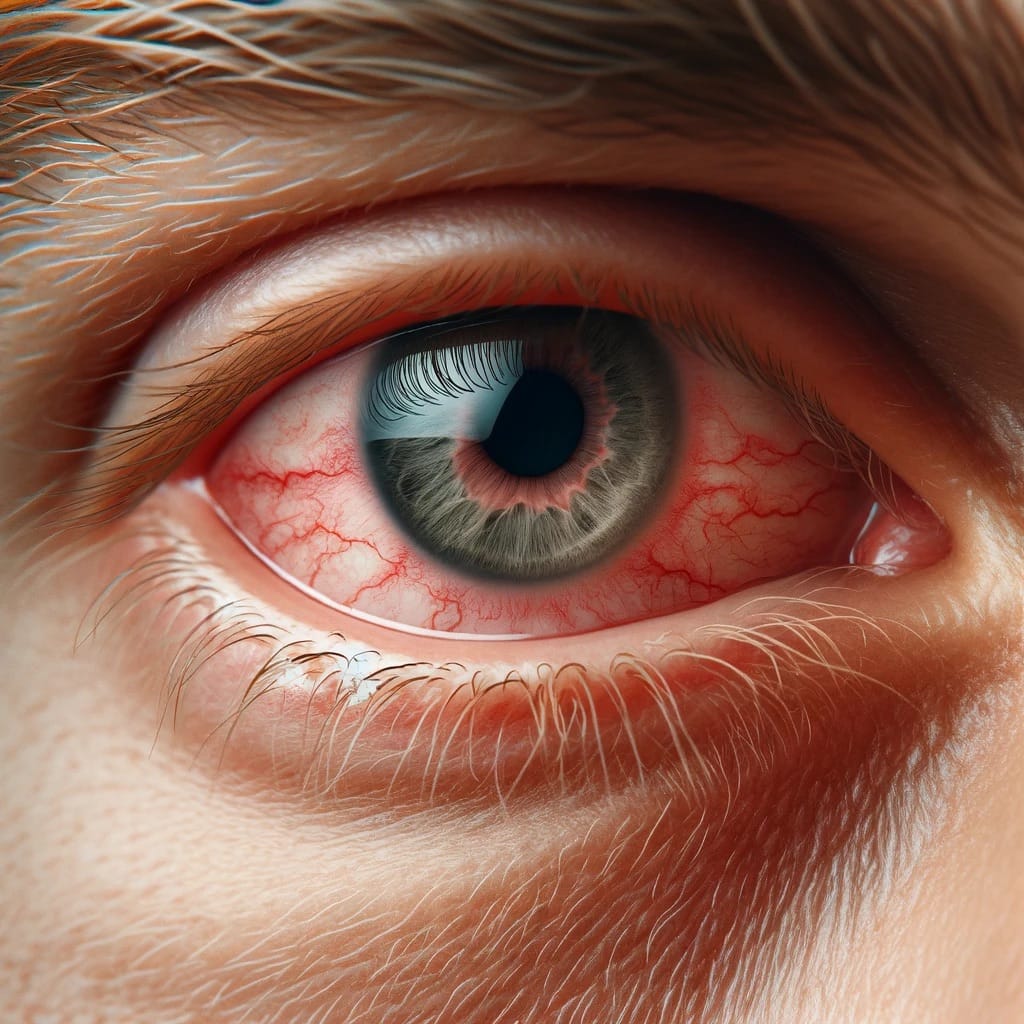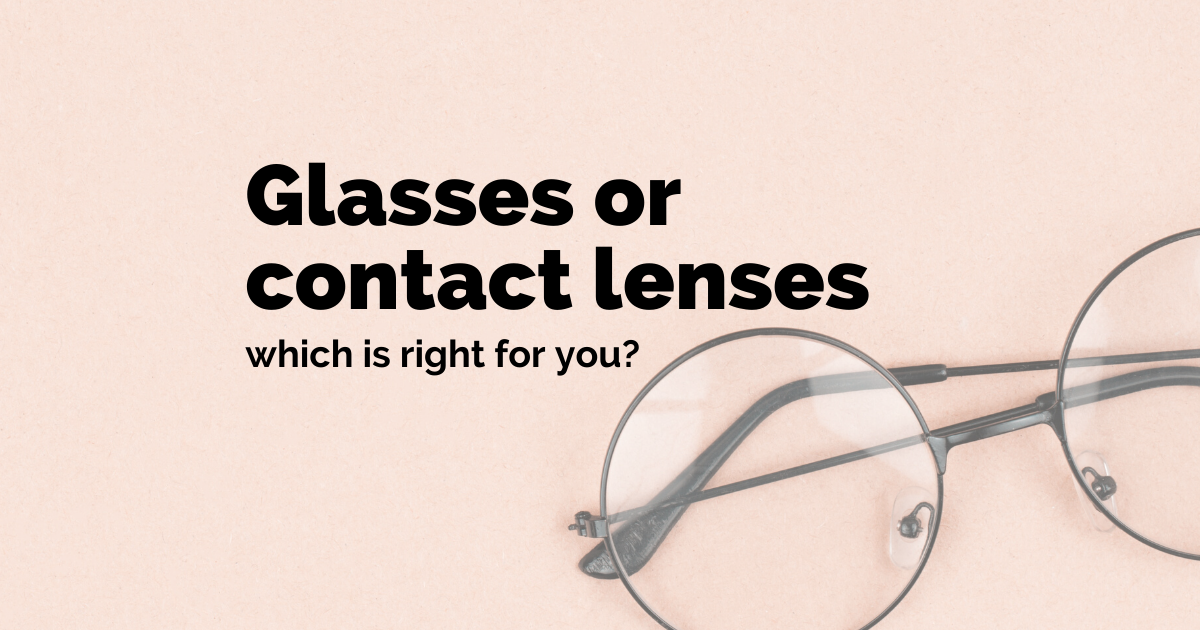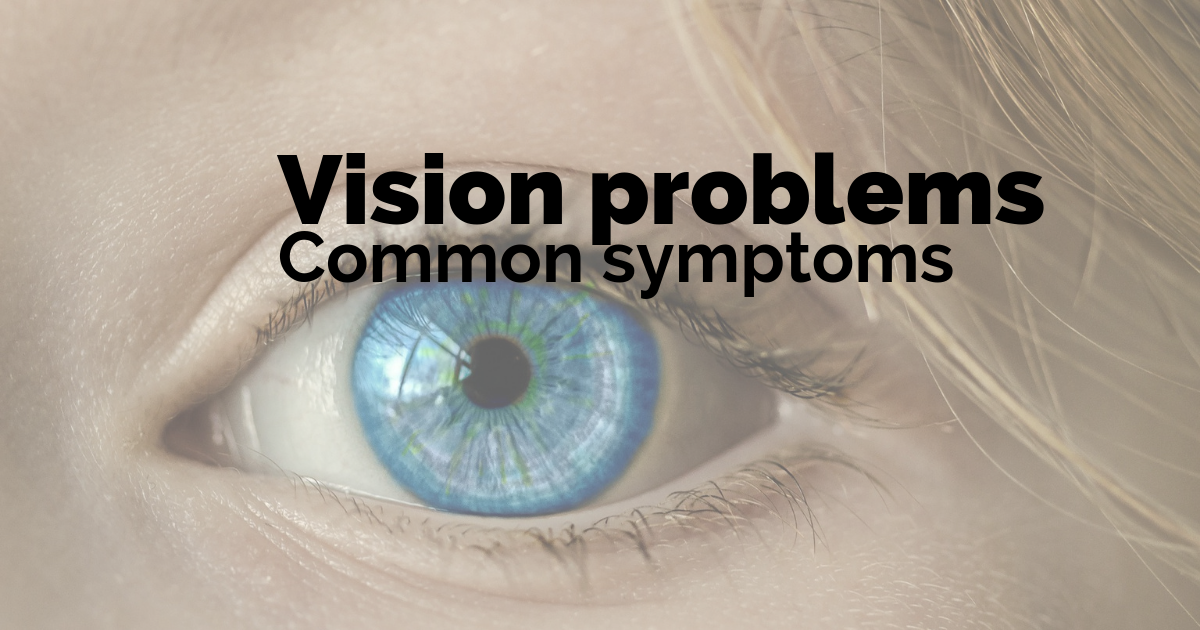Itchy eyes can be a bothersome and uncomfortable condition that affects individuals of all ages. Whether caused by allergies, environmental factors, or underlying eye conditions, itchy eyes can significantly impact one’s quality of life. In this article, we’ll delve into the common causes of itchy eyes and explore effective treatments to provide relief. As always, please note we at Arlo Wolf are not eye doctors so this should not be consider medical advice.
Common Causes of Itchy Eyes
- Allergies: Allergic conjunctivitis, commonly known as eye allergies, is a prevalent cause of itchy eyes. Exposure to allergens such as pollen, pet dander, dust mites, or mould can trigger an allergic reaction, leading to itching, redness, and watering of the eyes.
- Dry Eye Syndrome: Insufficient tear production or poor tear quality can result in dry eyes, causing discomfort, irritation, and itching. Environmental factors like dry air, wind, or prolonged screen time can exacerbate dry eye symptoms.
- Conjunctivitis: Also referred to as pink eye, conjunctivitis is an inflammation of the conjunctiva, the thin membrane covering the white part of the eye. Viral or bacterial infections, as well as allergic reactions, can cause conjunctivitis, leading to itchy, red, and watery eyes.
- Environmental Irritants: Exposure to smoke, pollutants, or chemicals can irritate the eyes, triggering itching, redness, and discomfort. Prolonged exposure to these irritants can exacerbate symptoms and contribute to ongoing eye discomfort.
- Contact Lenses: Improper contact lens hygiene or sensitivity to lens solutions can cause irritation and itching of the eyes. Accumulation of debris or bacteria on contact lenses can also lead to discomfort and itching. We are not just mentioning contact lenses as a cause of itchy eyes because we sell prescription glasses.
Treatments for Itchy Eyes
- Antihistamine Eye Drops: Over-the-counter antihistamine eye drops can provide relief from itching and redness associated with allergic conjunctivitis. These drops work by blocking the release of histamine, a chemical responsible for allergic reactions.
- Artificial Tears: Lubricating eye drops or artificial tears can help alleviate symptoms of dry eyes by providing moisture and lubrication to the eyes. These drops are particularly beneficial for individuals with mild to moderate dry eye syndrome.
- Cold Compresses: Applying a cold compress to the eyes can soothe itching and inflammation, providing immediate relief from discomfort. Cold compresses help constrict blood vessels and reduce swelling around the eyes.
- Avoiding Allergens: Minimising exposure to allergens such as pollen, pet dander, or dust can help prevent allergic reactions and alleviate symptoms of itchy eyes. Keeping windows closed during high pollen seasons and using air purifiers indoors can reduce allergen exposure.
- Prescription Medications: In cases of severe or persistent symptoms, prescription medications such as corticosteroid eye drops or immunomodulators may be recommended to manage inflammation and itching effectively.
- Proper Contact Lens Care: Practising good contact lens hygiene, including regular cleaning and disinfection of lenses, can help prevent irritation and itching of the eyes. Using preservative-free lubricating drops can also alleviate discomfort associated with contact lens wear.
In conclusion, itchy eyes can stem from various causes, ranging from allergies and dry eye syndrome to environmental irritants and underlying eye conditions. Identifying the underlying cause is essential for determining the most effective treatment approach. Whether through over-the-counter remedies, prescription medications, or lifestyle modifications, managing itchy eyes can help restore comfort and preserve eye health. If symptoms persist or worsen despite treatment, it’s essential to seek advice from an eye care professional for further evaluation and management.

 Glasses or contact lenses: Which is right for you?
Glasses or contact lenses: Which is right for you? Our approach to sustainable glasses and sunglasses
Our approach to sustainable glasses and sunglasses What Are Polarised Sunglasses?
What Are Polarised Sunglasses? Common symptoms of vision problems
Common symptoms of vision problems